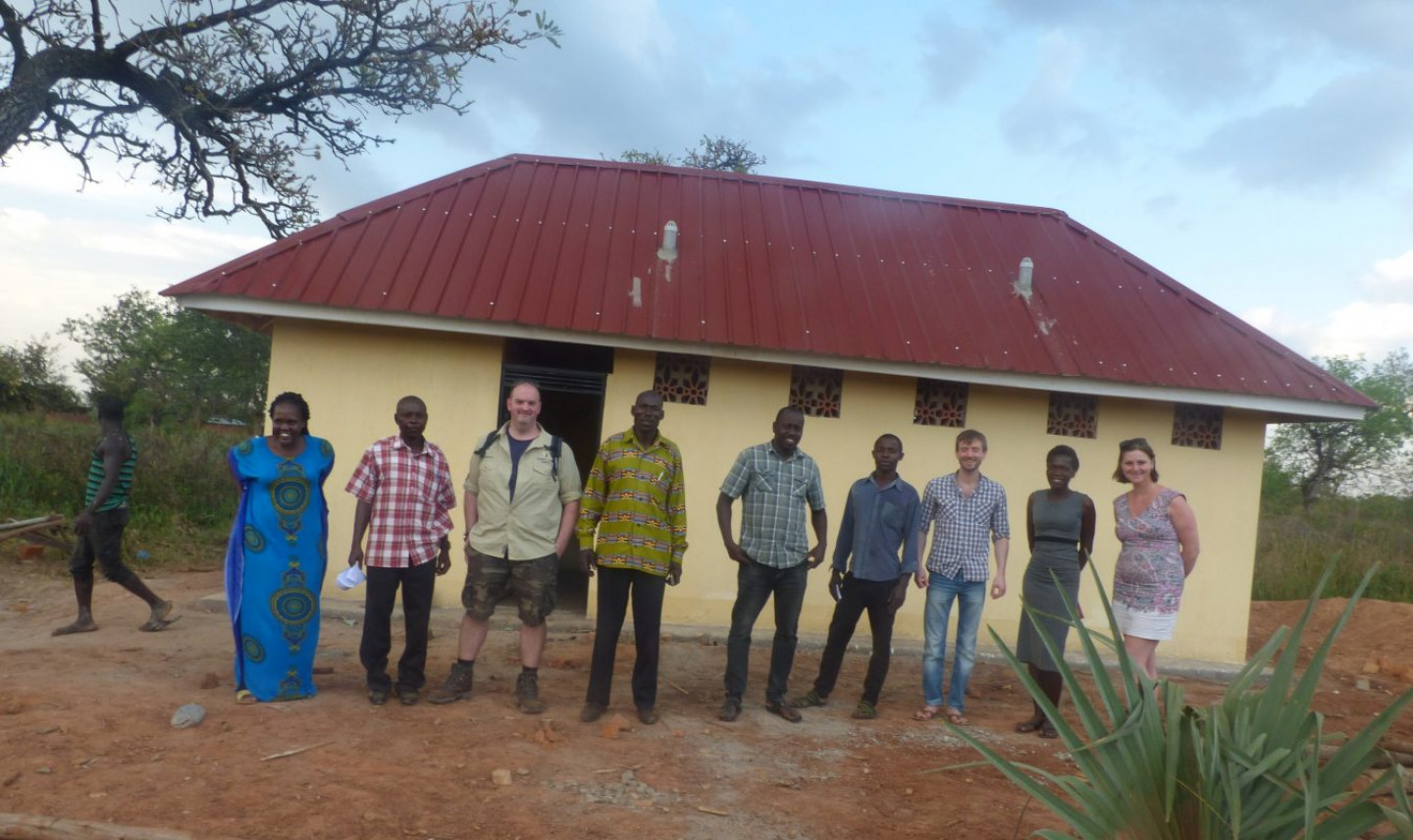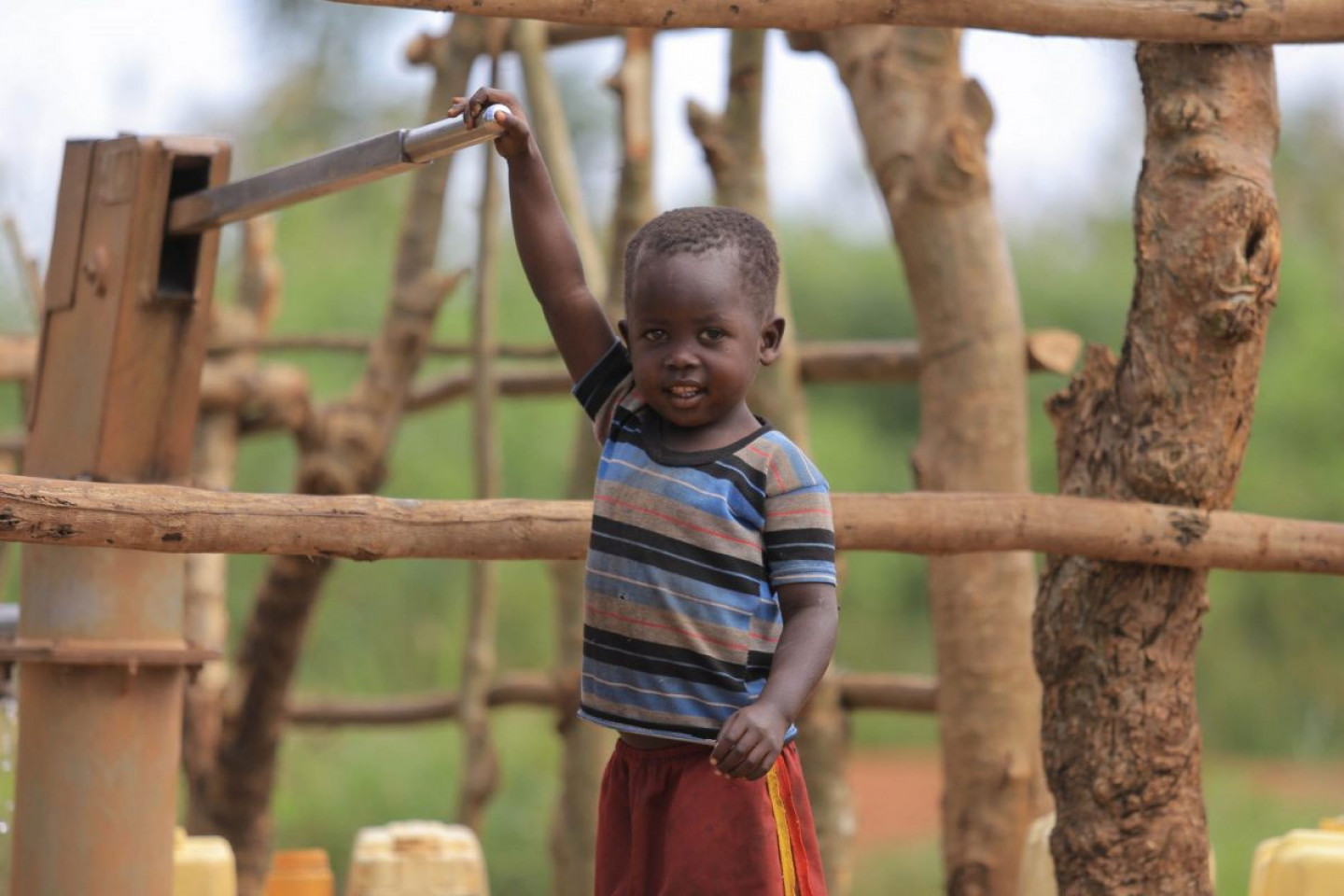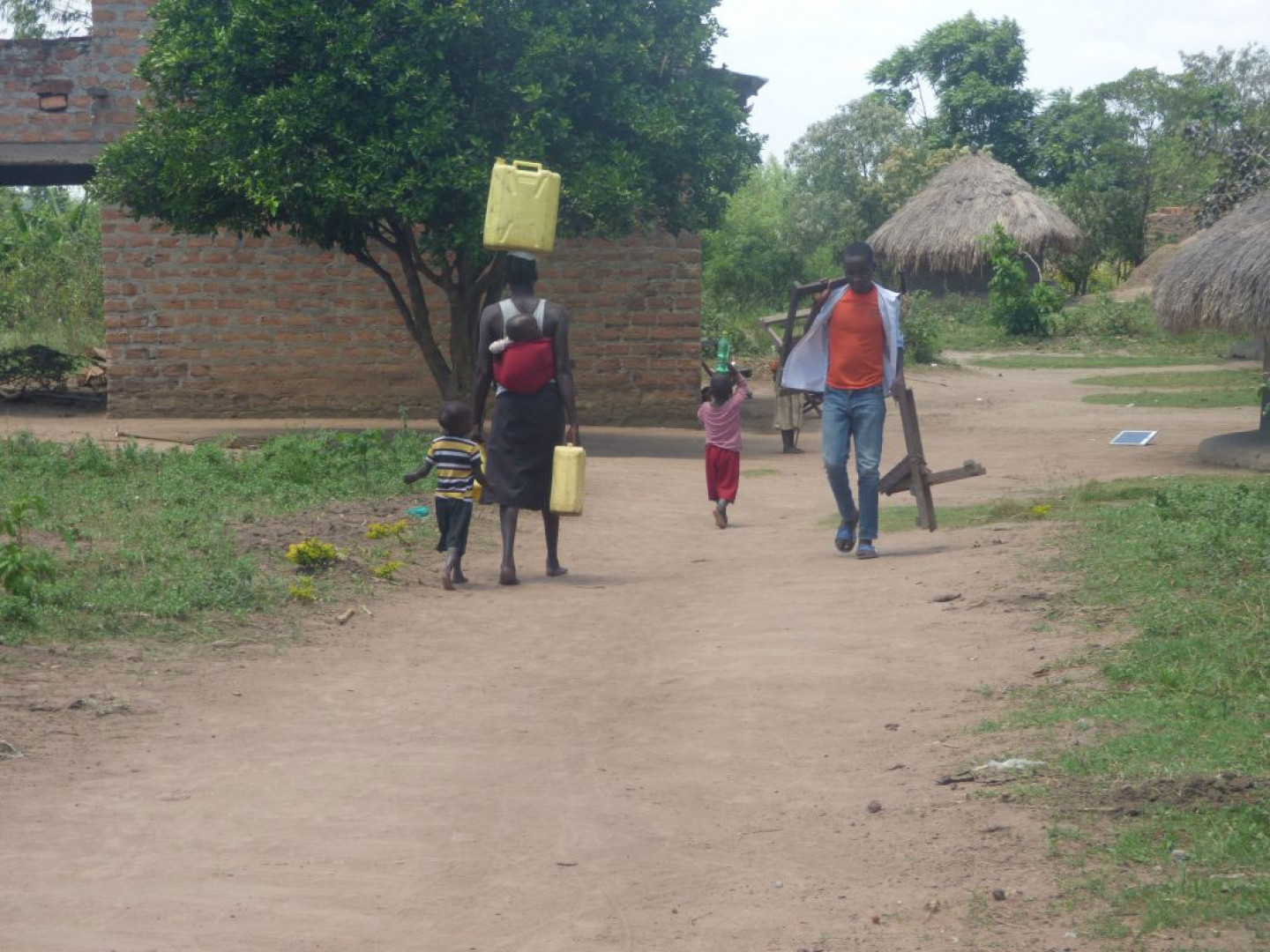Following her trip to Uganda earlier this year, we ask our strategic development director, Kerry Parker-Wray, about carbon offsetting at IKO PLC, and how this is helping to benefit hundreds of people in Africa.
What does offsetting carbon emissions mean, and how is IKO doing this?
The entire mastic asphalt industry achieved the CarbonZero standard in 2008. That means that for the last 11 years, we’ve been offsetting the carbon footprint of all our mastic asphalt projects, using internationally approved carbon credits.
These credits are like self-imposed taxes, which raise money that can then be invested environmental projects all over the world to balance out our own carbon footprint.
What was the driver behind you heading to Uganda?
We’re a supply chain partner for main contractor, Willmott Dixon, and share many of the same values, especially those linked to sustainability. This has seen us coincidentally make low carbon investments into the same projects, which are identified by co2balance.com, the company we work with to offset our carbon emissions.
A lot of our current projects are in Uganda, so I was offered the chance to visit the country for six days with Rob Brown, the 2019 Sustainability Champion at Willmott Dixon. It offered a fantastic and exciting opportunity to see our carbon offsetting in action and the difference it can make to people in need.
What is the impact of these low carbon projects?
Put simply, the impact is enormous. We visited schools and communities where really straightforward measures are changing lives and making a massive difference to local people.
The investments made by Willmott Dixon for example has enabled two new toilet blocks to be built for girls at a school, replacing what can only be described as holes. With suitable facilities now in place, hundreds of more girls are staying in school to complete their education.
At another school we visited, a borehole was just about to be installed. As well as offering health benefits, this will mean that children will no longer have to walk 3km at lunchtime to get clean water, which for many, resulted in them not going back to class at all.
The borehole also prevented the need for drinking water to be boiled – which had a huge impact on carbon emissions by helping to reduce deforestation activity for the amount of firewood required each day. The time saved from doing this will also enable the community to work on other projects to generate income, and invest this in education and village development programmes.
We also visited two communities where boreholes had recently been put in place to provide clean water. The local community there formed a committee, which charges each family the equivalent of around one pound a month to help maintain the boreholes which without regular maintenance, would tend to last a couple of years.
Through the carbon offsetting programme, co2balance.com can fix, or if needs be, replace the boreholes enabling these communities to save the money raised and use it for other facilities that help to improve their standards of living. Most importantly, it reduces the number of illnesses associated with drinking contaminated water, especially in children.
What is the biggest thing you learnt from the trip?
It was an amazing experience that really grounded me. Everyone we met in Uganda was so kind and generous, and it really put things into perspective. Many of them had very little, but they gave so much – I was even given a chicken as a gift from one school which was a huge donation for them. I was overwhelmed by how lovely the people were – they were always smiling and it was so humbling to see their generosity when you know they have so little.
As well as visiting the schools and communities, we went to see a health centre and discovered that a small donation would pay for a solar panel. That may not sound significant, but one panel would power a fridge to store vaccines for the local community, enabling babies to stay at home with their mother instead of having to travel 20km for a vaccination.
In a nutshell, what these people need is everything that we take for granted – clean water, food, healthcare, and education. That was a stark reminder of what’s important in life and that a lot of our worries are trivial in comparison.
What other plans does IKO have to offset carbon emissions?
We’ve been involved in a wide number of projects that have contributed to the CarbonZero programme. So far, that’s equated to offsetting more than 5,723 tonnes of CO2 – the equivalent of driving around the world 674 times!
Our mastic asphalt projects have had a huge, positive impact on the local communities within the development areas of Uganda. To date, it has saved 987 tonnes of wood and provided almost two million litres of clean water to 797 adults and children.
But we want to keep building on this progress and long term, we also aim to offset the carbon footprint of our other factories in the UK. It’s a big ambition, but we’re determined to make it happen.


